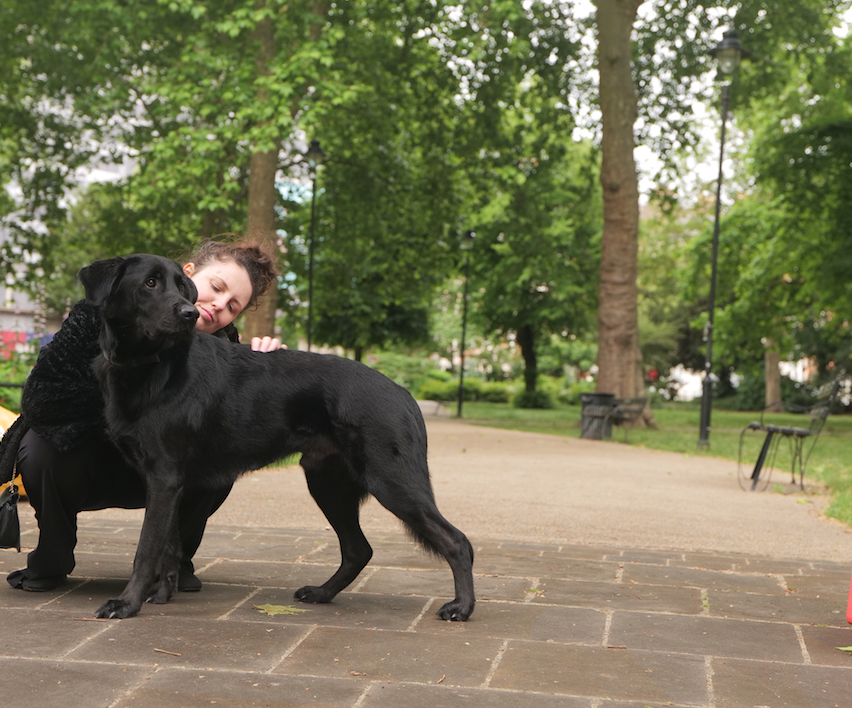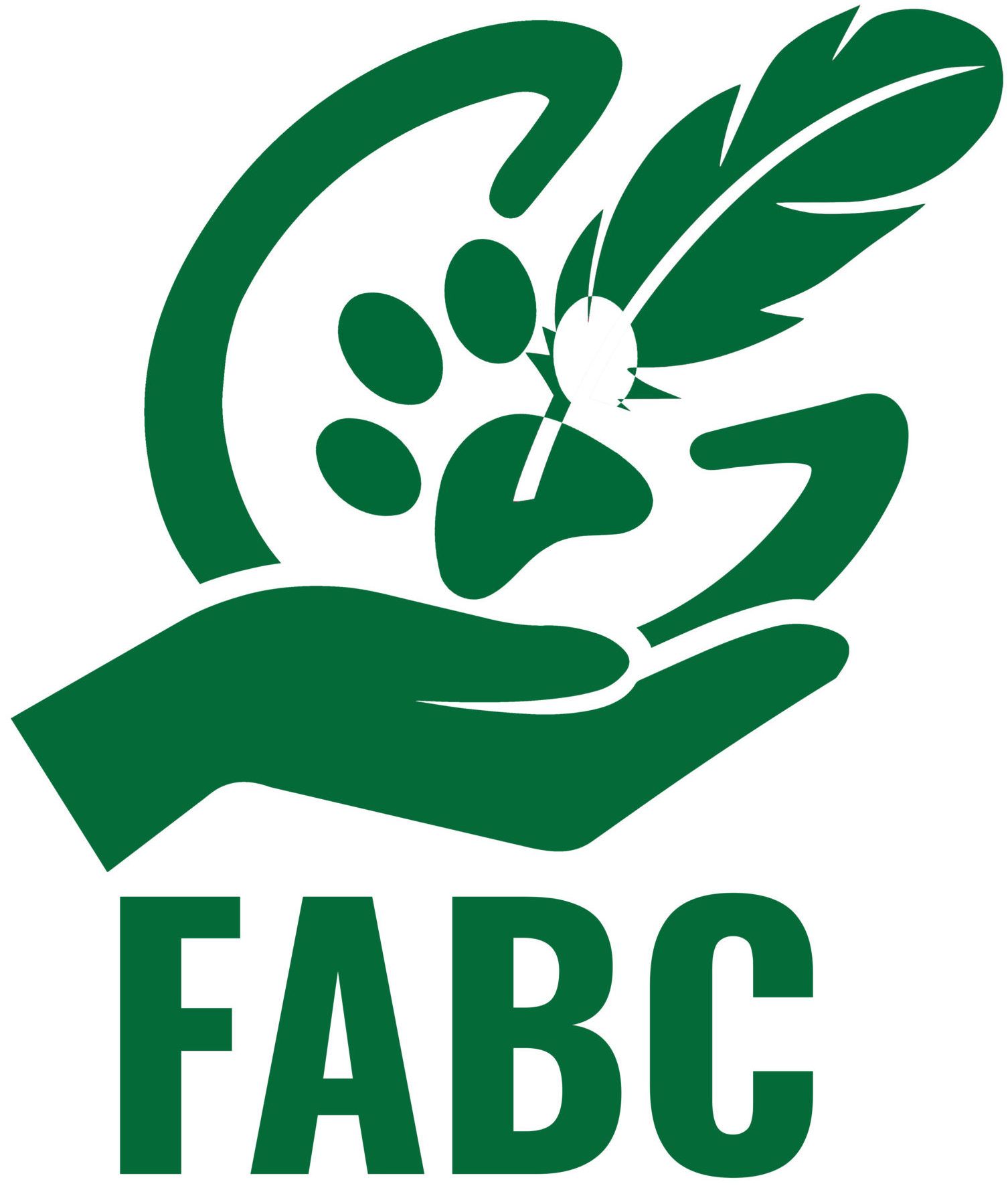General questions
From corgi’s to rottweilers!
Our logo has a corgi, Dalmatian and German Shepherd along with a heart. This encompasses our values that all dogs, big or small can learn through the use of kind, modern methods that are not rooted in fear or pain. We do not discriminate on a dog’s breed. While of course, some dogs have traits that are specific to their breed, it is a dogs environment genes and learning experience that can bring about their behaviour.
Yes. Some dogs may have special needs such as fear of sounds and certain sights so this will need to be taken into account when choosing the service.
I recommend anyone in your dogs family attends for consistency. The more the merrier!
St Albans and Harpenden. There is some petrol costs for areas further afield. We can work with anyone in the UK via our online service.
Here is a great description of the difference between training and behaviour from the book Stress and pheromonatherapy in small animal clinical behaviour / Daniel Mills, Maya Braem, Helen Zulch ‘The fundamental difference between training and behaviour therapy is that the latter is focused on altering the emotional responses of the individual while the former focuses on behaviour first and foremost. Therefore, training is appropriate where we
simply wish to encourage an animal to respond in a specific way to a specific cue, but behaviour therapy is necessary when we wish to control and change the animal’s reactivity.’ Training does not need a vet referral but we will ask questions about your dogs physical health as we don’t want to inadvertently exacerbate any pain if we suggest certain training techniques.
I would pass anything on that is out of my scope and all cases need to be taken upon vet referral to rule out any overt clinical pain.
One to one sessions may be the best option for this as group sessions are busy. If you have complete hearing loss, I can recommend a trainer who can help.
I use positive reinforcement and negative punishment. Positive reinforcement training has been shown to motivate animals to participate in training (Innes et al., 2008; Kogan et al., 2007) and secure the correct response (Innes et al., 2008). Food will be used as positive reinforcement and if the desired behaviour is not provided negative punishment will be utilised and the reinforcement will be withheld (so we simply do not deliver the treat. I d not used methods that are coercive or based on fear or force.
Great question!
Here are a list of my qualifications. I invest thousands of pounds and hundreds of hours studying with the University of Edinburgh Royal (Dick) School of Vet studies. This is a prestigious university and the course is run by vets and behaviourists.
Here are my qualifications:
Postgraduate Diploma in Clinical Animal Behaviour at the University of Edinburgh Royal (Dick) School of Veterinary Studies (ongoing).
Professional Development Programme in Clinical Animal Behaviour at the University of Edinburgh Royal (Dick) School of Veterinary Studies.
Canine Coaching Diploma.
I have also shadowed different cases with behaviourists in person and online.
I am a candidate member of the Federation of Animal Behaviour clinicians an independent agency so you can speak to them if you are concerned about my conduct. I am also an associate member of the Association of Pet Behaviour Counsellors.
They have a strict application procedure and are an ABTC (Animal Behaviour Training Counsel) member.
As a member I follow a code of conduct. You can read that here: https://fabclinicians.org/code-of-conduct/
1. You book in a call with me and we have a good talk about what you and your dog are experiencing. During the 20 minute call I understand more about the behaviours your dog is showing and what you want to change. This is an enquiry call to find out more about the services you may like
2. I send you the details about the package that I recommend.
3. If you decide to go ahead we begin! I work with you to resolve the issues or reduce them significantly. It's my goal to give you relief, peace and mind and help your dog feel happier and be safer.
One to one training
During the consultation over the phone/zoom I take history and ask you questions about the challenges you’re facing with your dog. This may include pulling on the lead, barking, not coming back when called and picking up items.
Yes, I can visit you. Please note that depending on the area there may be petrol and time costs of £1 per mile each way (if you're 5 miles out of St Albans for example). I can also offer services online. If you don't want online services and you are out of my area I can recommend other suitable qualified colleagues to you - please just ask.
I am a coach so I guide you and teach you training skills that you complete with your dog. I will ask you if your dog has any allergies/ injuries/ worries around people – and the same for you!
I explain motivations for behaviour and things that you and your family may inadvertently be doing to reinforce the behaviour. This isn’t a blame/shame game! I am here to support and guide you and it’s a two way street. If you’re unsure why you’d use a particular technique or feel that you would not use it as it’s not right for your dog , I would love for you to tell me so we can make a plan together.
After the first session I will send you three techniques to focus on then send a follow up report with videos and text within 5 days.
Treats (that are right for your dog but I suggest little bits of cheese, chicken, hot dog), a toy, your dogs harness, and their lead.
They are not right for you if:
• You don’t have time to practice the training.
• You don’t communicate with family members what needs to be done and
everyone does different things.
• You are expecting training to work with out management (taking steps to make changes in the environment so your dog does not have the chance to practice a behaviour).
This is based on some really old research involving wolves.
It is not relevant to dog behaviour and families.
Dogs fair much better in co-operative relationships – fighting can be costly and cause injury. They will try and avoid it as much as possible.
Dominance is a by product of relationships rather than an inherent personality trait. If a dog learns that pushing ahead gets them where they want to go faster and they are able to do this (i.e if we walk behind them and don’t stop) then they will repeat this behaviour.
• Sessions with me.
• Follow up report.
• Sheets to monitor progress.
• A private Facebook group.
• A private whatsapp group – I’m in your pocket!
• A special gift!
• A framed certificate
• Training treats – unless your dog is on a special diet.
With the correct training and treatment you can see results very quickly. However,behaviour can be dependent on a number of factors including genetics and mental health so changes may take time. I'm here to help and support you.
Training relates to better manners, tricks, habituation to handling.
Behaviour relates to reactivity that is fear based, inappropriate toileting for older dogs, excessive vocalisation.
There can be a range of different motivations and emotions behind behaviours - I get to the root cause and help you put safety measures in place straight away.
Your dog has a vet check to rule out anything overtly medical. We offer muzzle training if that is something you and your vet would like.
• You fill out a questionnaire which has questions to help us decifer the reason for the behaviour.
• We come and ask any further questions about what is on the questionnaire to find out more about any elements that you’ve mentioned.
• We explain possible motivations for the behaviour and the emotions involved.
• We write a report with guidance on keeping your dog safe with direct
instructions.
• We book in a further session so you have a behaviour modification plan to follow and show you how to put this in place.
• We keep in touch with you on follow up call’s to see how everything is going.
• We liaise with your vet.
• We work together with you to formulate a plan that works for you and your dog and family taking into account welfare, legal and health considerations.
• You send videos and updates so we can keep track on how everything is going.
Dogs can be masters at hiding pain so it’s imperative to rule out anything overtly medical. Pain can make us more grumpy and the same goes for dogs. You can have a nice experience such as going to eat cake at a cafe when you have a sore knee and a dog can still run and chase after a ball if they are in pain.
Otherwise you may work with someone who suggests playing with your dog more but your dog has arthritis.
No. No one can provide definitive guarantees... unless they are lying to you. There can be a range of factors that mean a dog is behaving in a certain way, which range from genetics and temperament. We cannot guarantee a cure, we can however support you, help you understand why your dog may be behaving this way and put safety measures in place.

Here is a good guide from FAB clinicians. I am not a vet behaviourist.
No, only a vet can do this. I can work with them to make sure your dog is getting the right medication.
The initial consultation is online. Then follow up sessions are held in Hertfordshire and Bedfordshire.
Thanks for asking!
Here are the 3 main ways:
1. I studied animal behaviour at university. The holisitic approach I have takes into account your dogs life including nutrition, stress and environment. I notice body language that other behaviourists may miss.
2. I use connection not correction (no hitting, spraying , prong collars, shouting or any other methods that can cause fear and intimidation) . I help you understand why your dog is behaving the way they are and help you spot signs that they are feeling worried, what they are trying to communicate with their behaviour/ what need is being met/unmet and the reasons for their behaviour.
3. I help strengthen your relationship with your dog.
4. Still not convinced after a call with me? That's okay, I want you to work with the right person for you so I can recommend other trainers/behaviourists to you - I want you and your dog to get the support you need, not have new problems working with the wrong person!
I hope this gives you a good overview of the different options.
Don’t fancy working with me? That’s okay too! I can recommend other people
(the training and behaviour industry is unregulated so just to mention,
it’s important to work with someone who uses kind methods
and is qualified - not just done a £10 Wowcher course!)
Get in touch:
hello@stpawstrainingacademy.co.uk
01727537289


















